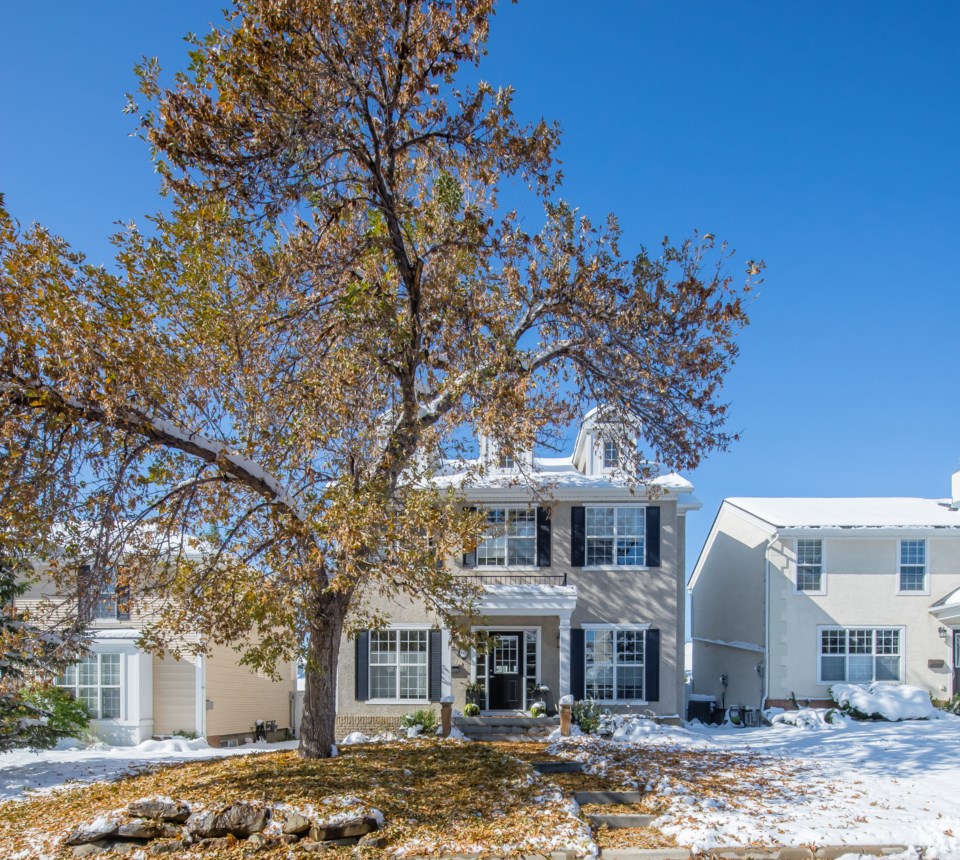A year ago, Albertans were barely coming to grips with the global pandemic. Since then, everyone's world has been impacted by COVID-19--including the world of real estate. Tom Shearer, chair of the Realtors Association of Edmonton (RAE), remembers feeling a sense of dread back then.
“I was worried if we were ever going to sell a house again,” said Shearer, who also owns Royal LePage Noralta Real Estate in Edmonton.
Things look brighter today. A steady vaccine supply, provincial gains in employment and record-low interest rates have increased consumer confidence and turned the real estate market around in a big way, sending prices up in Edmonton and Calgary.
“Momentum has picked up--you have more people interested in buying, yet less inventory on the market. That creates some pressure on the buyer and higher home prices," he said.
Single family home sales in the capital city were up a staggering 62 per cent this past February compared with the same month a year ago. Prices have also gone up, with the residential average reaching just north of $377,000--a 7.6 per cent increase from February 2020.
“There have also been more sales of single-family homes, condos and duplexes compared to February of last year,” said Shearer. “The high level of activity is uncharacteristic for this time of year. We are witnessing a very strong market.”
The story is similar in Calgary. While the Stampede City historically sees more extreme booms and busts than Edmonton, 2021 is shaping up to be a strong year for home sales and real estate activity. In fact, the Calgary Real Estate Board (CREB) announced February 2021 as the best February for sales since 2014. Then, Calgary was in the midst of a boom, with $90 oil prices, a low unemployment rate and significant positive net migration.
CREB chief economist Ann-Marie Lurie points to low interest rates as the primary driver of activity in Calgary. The middle of 2020 saw discounted mortgage rates fall to below 2 per cent and ended the year around 1.5 per cent, allowing some home buyers to consider more expensive properties.
“We’re still well below the highs we had back in 2014, but the spread has narrowed,” said Lurie. “In the detached market we hit above $500,000 in February, and we haven’t seen that since early 2018."
Lurie doesn't expect activity to slow down in coming months, even though mortgage rates have crept up and could continue to rise at a slow pace. Listings are up in Calgary too, and that increased inventory may ease pressure on prices.
“We expect to see sales improve throughout this year, given the fact that people are taking advantage of these lower rates,” Lurie said.
Both CREB and RAE officials say spending so much time at home in 2020 has led many to consider moving, whether it's to add extra square footage or move into a more desirable community. In addition, the high activity at the lower end of the Calgary and Edmonton markets points to strong growth among first-time home buyers, with many choosing to leave rental apartments or houses and opt for ownership.
“When you spend a lot of time at home, you start to ask "Am I happy where I’m at?” said Shearer. “If I’m living and working in the south, if I’m home-schooling kids in the south, is my house satisfying my needs for all that? I think a lot of people reflected on what the house was doing for them and they probably decided they needed a bit more space or they weren’t as worried about the downtown commute (since many were working from home).”




